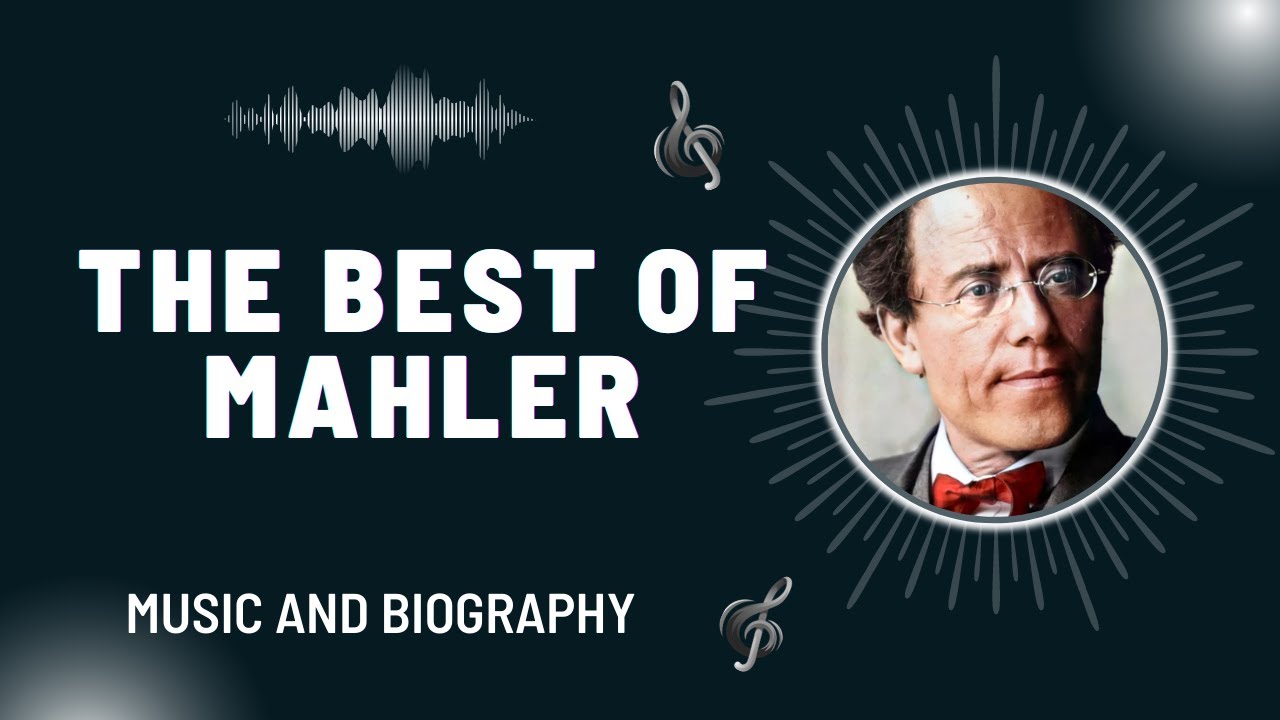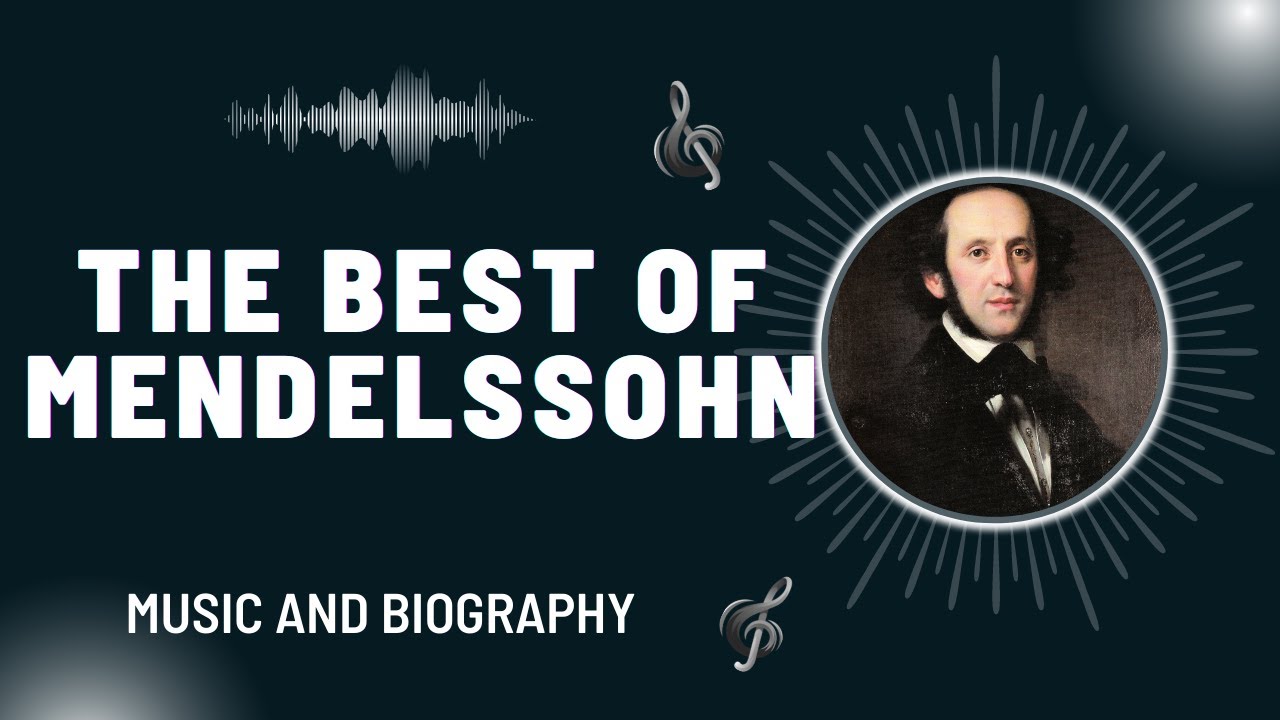
The Best of Mahler
Gustav Mahler (7 July 1860 – 18 May 1911) was an Austro-Bohemian late-Romantic composer, and one of the leading conductors of his generation. As a[…]

The Best of Mendelssohn
Jakob Ludwig Felix Mendelssohn Bartholdy (3 February 1809 – 4 November 1847), born and widely known as Felix Mendelssohn, was a German composer, pianist, organist[…]

Villa-Lobos – Bachianas Brasileiras No. 2
Villa-Lobos – Bachianas Brasileiras No. 2 The Bachianas Brasileiras are a series of nine suites by the Brazilian composer Heitor Villa-Lobos, written for various combinations of[…]